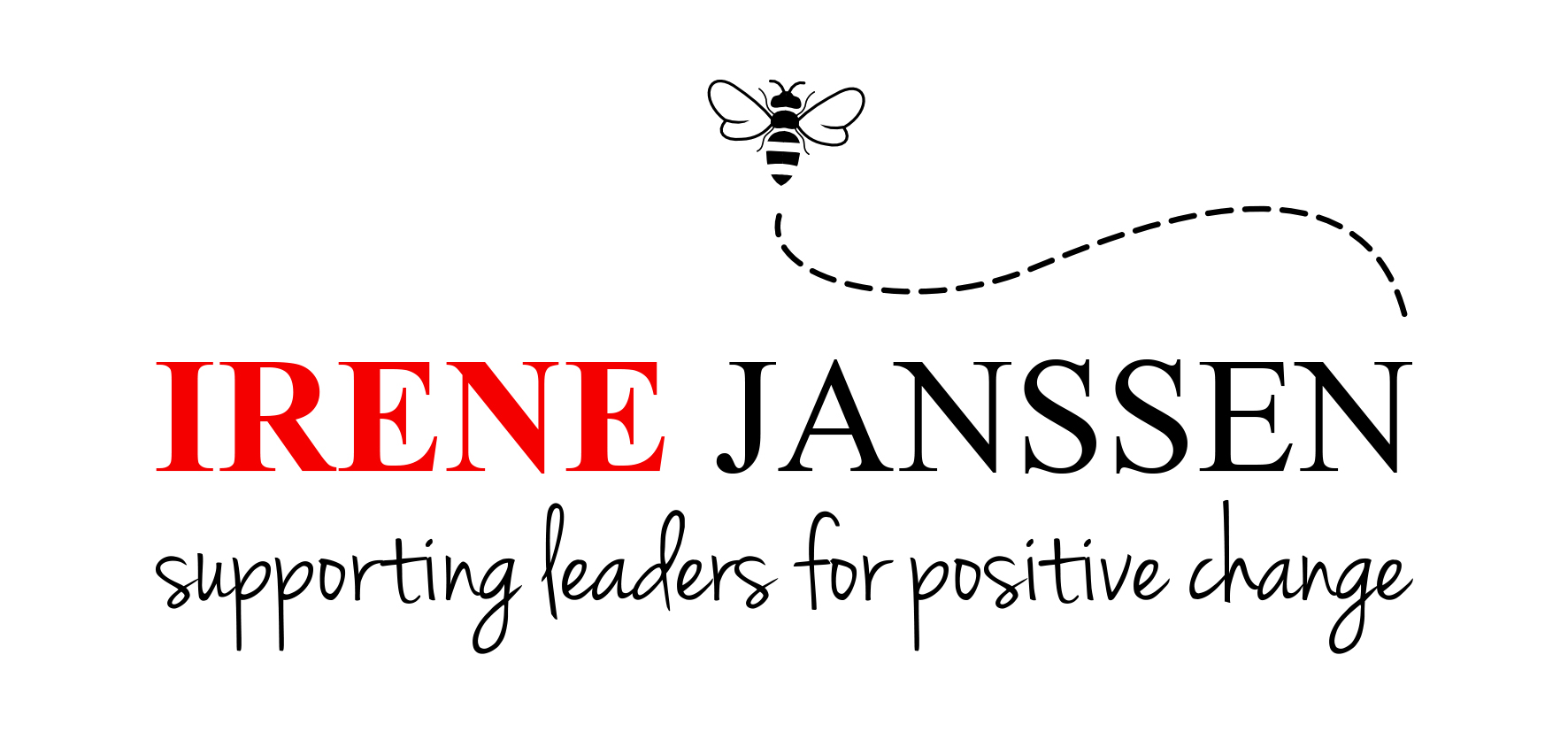Over the past decade I have been living and working in Brussels in what some may call the “EU bubble”. It is an exciting place to work as I have the chance to work with Europeans from all corners of the EU. Also, the aspect of building bridges between business, society and the European Institutions is something I enjoy and find important in improving the political process.
Recently, I was asked about the gender dimension in EU public affairs. And despite my expertise in both fields, I must admit I had not given this question much thought so far. I was therefore happy to get the question from Ed Figee on LinkedIn.
“PR and and Public Affairs jobs tend to be women’s jobs, just like HR departments mostly included more women than man. What is the situation in the EU Public Affairs profession?”
I do not have any numbers on men and women working in EU public affairs, however, my guess would be that the numbers are comparable to other higher educated professions where (older) men are dominating the top and younger women might be over represented in more junior positions. However, it would be very interesting to be able to take a look at the real numbers (let me know if you are aware of numbers or research).
The fact that senior public affairs positions are often taken by men might have to do with how public affairs is treated within organisations. The trend of the past decades was often to assign ‘Brussels’ duties to someone who had earned his credits within the organization. Representing the company after several years with that same organisation was seen as an honor job at the end of a career.
However, over the past 10-20 years EU public affairs & lobbying has increasingly become more professional. EU public affairs is more and more seen as a profession in itself that requires knowledge of and experience with EU decision-making actors and procedures. This requires EU specialists who are mostly educated in social science (politics, law, economy, culture) and women are overrepresented in those areas at university (60+ % of student population today and even 50+ % of women up to 45 in the Netherlands). This could explain why there are more women in junior and mid-level public affairs positions.
“Sometimes it’s said that Public Affairs is a feminine activity because women are better ‘scholared’ in creating attractive and affective situations then men.”
Are women better EU public affairs professionals, because they have the education needed for the profession? In order to be successful in EU public affairs, education is important, but to be a good public affairs professional (or lobbyist) one needs a certain set of skills in addition. Some of these skills are: being a good listener, being able to communicate something very well and having the ability to influence through argument (rather than formal power). These are all soft skills or feminine skills, if you like.
And yes most probably women – as a group – have developed these skills better than men. This means that probably women are overrepresented in the pool of talent to become a successful EU public affairs professional because they have the required education and skills.
What do you think, are women better EU public affairs professionals? Let me know and post your comment below!
PS. Want to read more? Here is a paper by Graham White, an Australian PR professional, on the question “Does Gender matter?”
